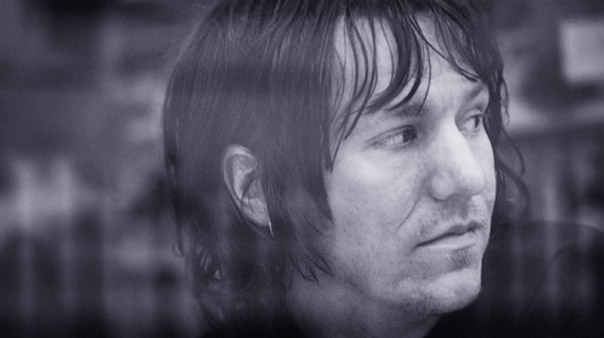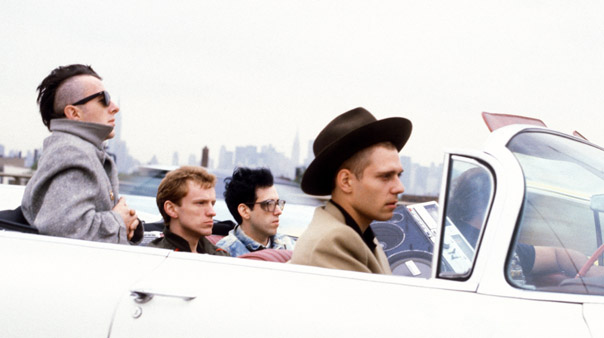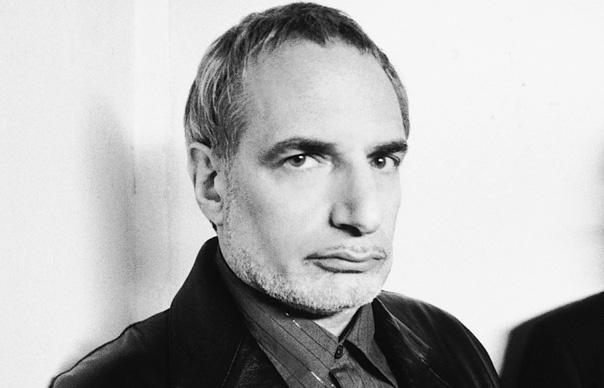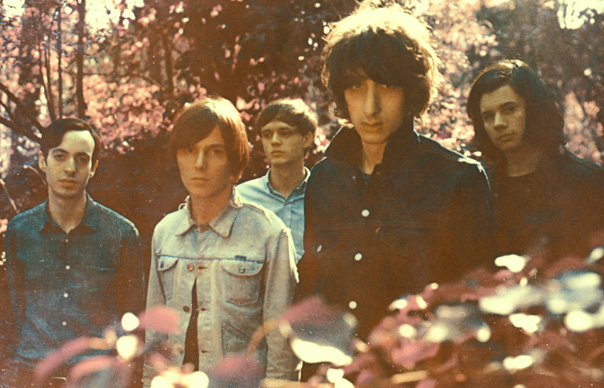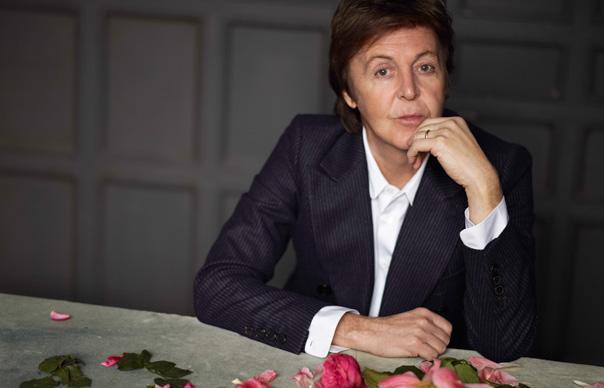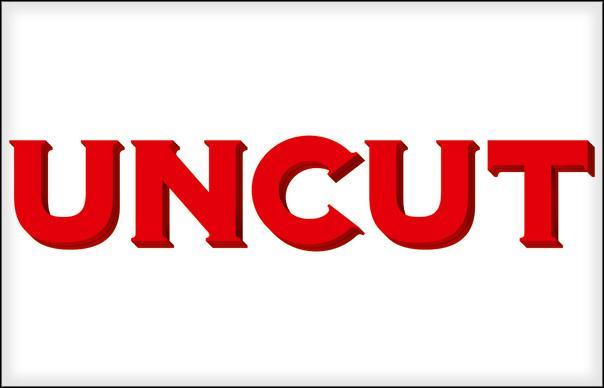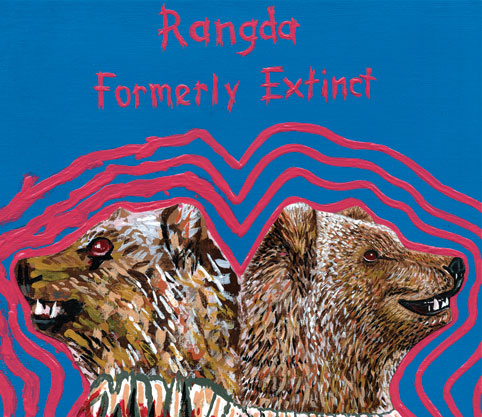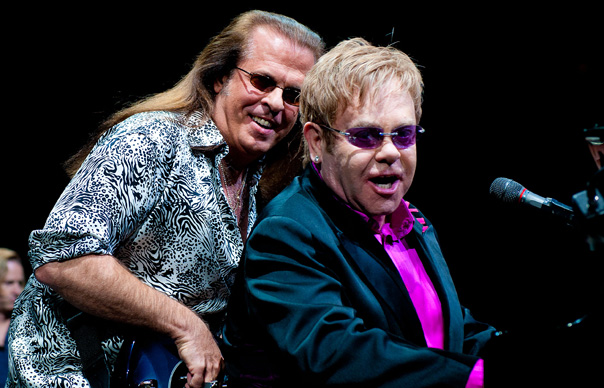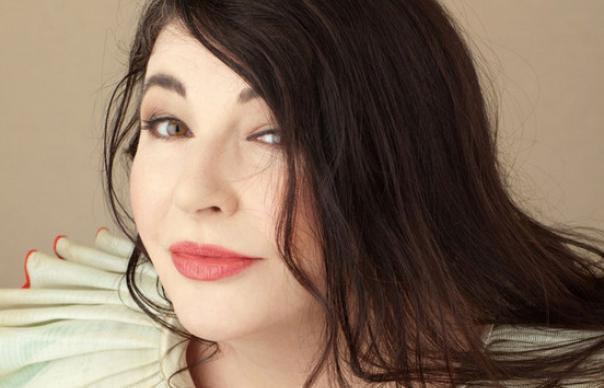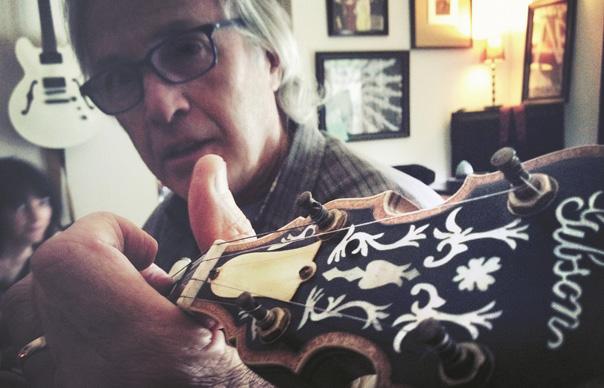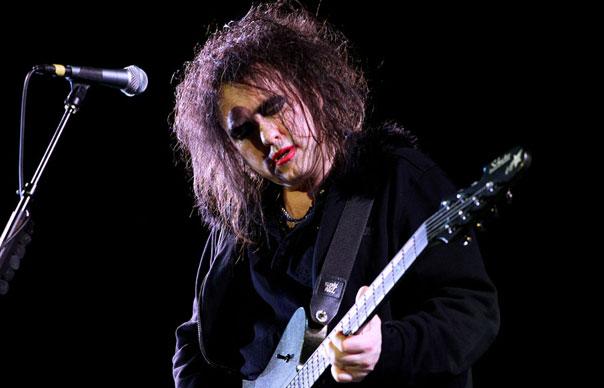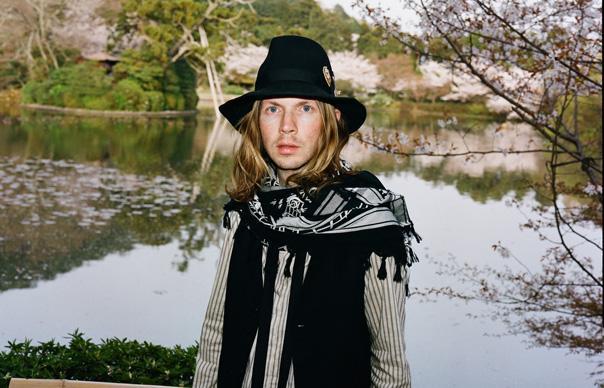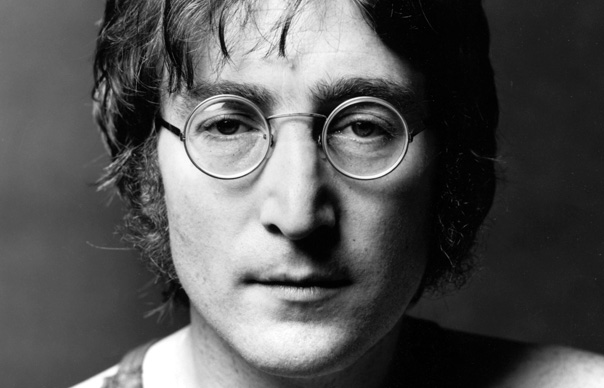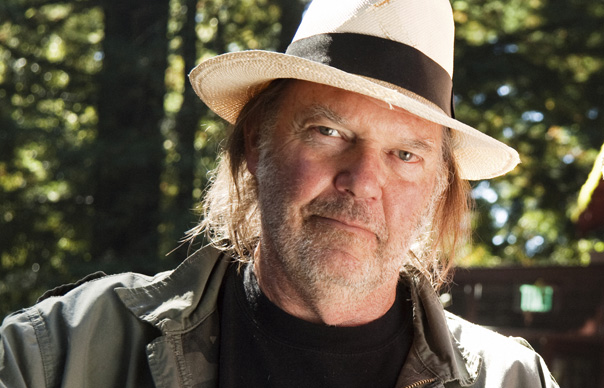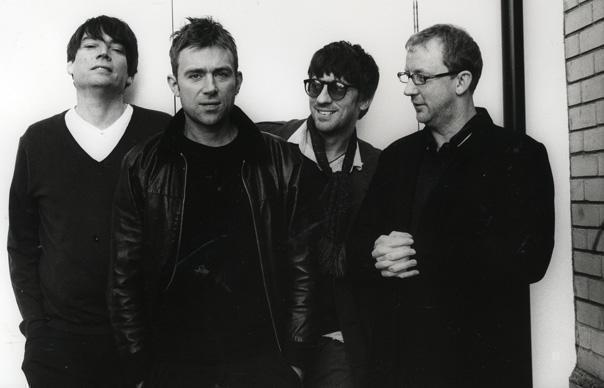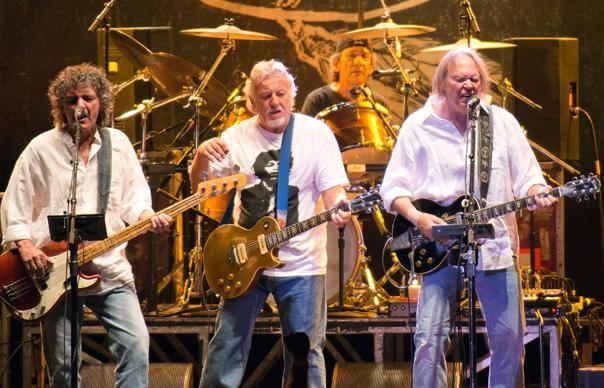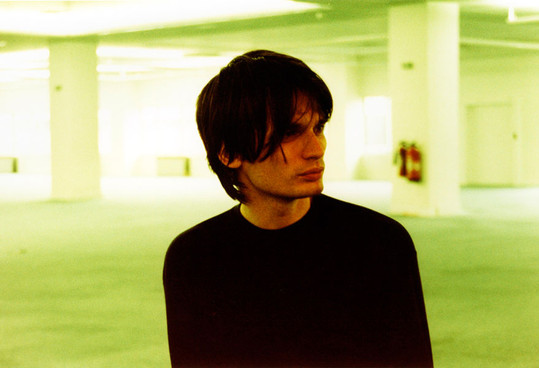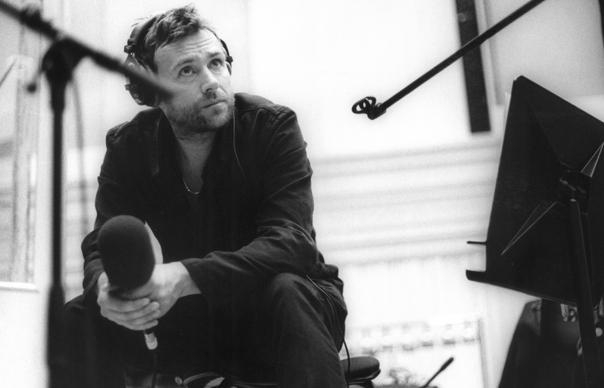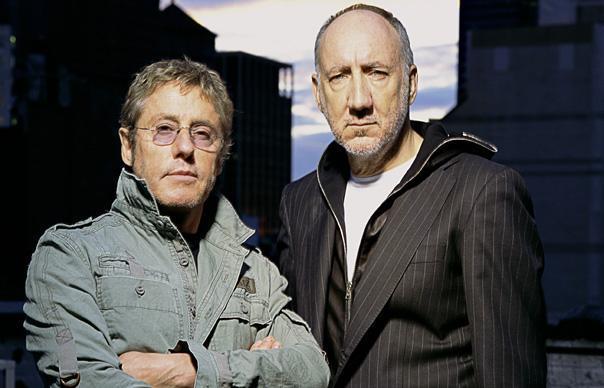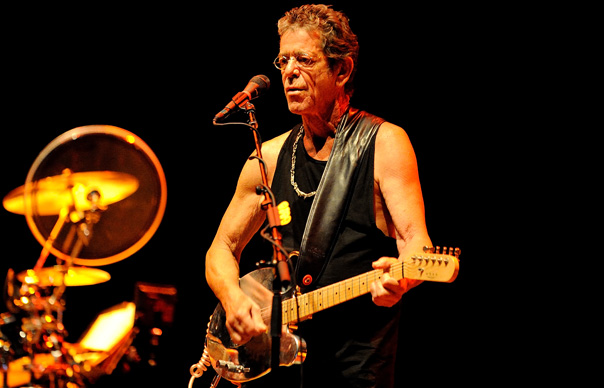This month’s issue of Uncut (September 2012, Take 184) features Joe Strummer on the cover – inside is an in-depth exploration of his secret history, after The Clash split up to his redemption in the late ’90s. To complement this, our archive feature this week finds Strummer looking at the demise of The Clash – from their epic Sandinista! album to their bitter disintegration. This excerpt is taken from a longer piece in the September 1999 (Take 28) issue of Uncut. Words: Gavin Martin
__________________________________
A plan to “hit up the singles scene” with a blitz of five or six releases throughout 1980 stalled at the first hurdle. The sufferation ballad “Bankrobber”, featuring Jamaican DJ/toaster Mikey Dread, was recorded after a show in Manchester in February and delivered to CBS boss Mo Oberstein. In Strummer’s words the song’s lyric “really twisted his clock” and he refused to release it. But, after it had sold steadily on Dutch import throughout the summer, Oberstein relented. The single was released in August, reaching Number 11 in the charts.
Nineteen-eighty was a year of constant touring and another management split from Blackhill (“I don’t know why, man,” says Joe. “They probably sent us a large bill for their services.”) With no-one apart from former Blackhill employee, press agent and full-time Clash fellow traveller Kosmo Vinyl to guide them, and with Paul Simonon looking after the accounts, The Clash roamed wild and free.
When they arrived back in New York during a touring break in May, the band were able to indulge their deepest, some would say barmiest, musical excesses, gleefully slipping the leash after the taut discipline that had charactersied the London Calling sessions.
“That tour of America, we were really stoking, 20 hot gigs in a row. Can you imagine it? Gigs can be sort of so-so, but these were all hot. Flaming hot. Twenty of them – bam, bam, bam, one after another. We hit New York, and we blasted straight into the studio. This is something that I must recommend to other groups. Normally after a tour, we used to go home and lie down for a few weeks. But we came off that tour full of go.
“We had nothing written. You don’t write on tour, it takes all your concentrating to make the gig – that’s survival technique. Afterwards, you run around town to find interesting hipsters and go to all the interesting spots. You got to go to every hotspot until everything has closed down. The adrenalin is furious. You’re wired as hell.
“Anyway, at the end of that tour we’d had 20 hits, 20 cities in a row. We didn’t particularly know anywhere in New York, so we went into Electric Ladyland. Every day, we just showed up and wrote phantasmagorical stuff. Everything was done in first takes, and worked out 20 minutes beforehand. What we did was go to the core of what we are about – creating – and we did it on the fly and had three weeks unadulterated joy. We were in New York and I never went out.”
He’s exhaling a joint now, thinking about what he’s just said.
“I never went out in New York! I can’t believe it. Maybe once, to get a beer. But it was the most beautiful time ever. To be at 8th street on New York, in Jimi Hendrix’s studio, everything on a roll.
“You know what New York was like then? You’d get up at 10 in the morning and you’d get a cab to go to the studio. Rocketing downtown, the driver would stick his hand back with a grass joint. Cool as fuck! I was thinking, ‘This is New York.’ We’d play until we couldn’t stand up. And it was good. I stand by that album. I’m proud of all our records. Even the crap ones.”
The album that resulted was the triple vinyl opus, Sandinista!, named after the revolutionary Nicaraguan group Moe Armstrong had told them about.
Its six sides were diverse to the point of collapse – gospel, swing, jigs, skanking reggae, kiddie chorus versions of “Guns Of Brixton” and “Career Opportunities” and an experimental instrumental cut-up modeled on The Beatles’ “Revolution 9” called “Mensforth Hill”, a waltz, a calypso, even strummer singing scat on Mose Allison’s “Look Here”. Punk’s “no future” credo had been swapped for an all-governing “no rules” policy.
Amid the sprawling indulgence, however, there were some bright moments, notably “The Magnificent Seven” – a radical departure that was perhaps the fist Britrock/rap crossover. Written by Jones after a record-buying trip to Brooklyn, the track pointed towards the direction his post-Clash career would take with Big Audio Dynamite.
“Jonesy was always on the button when it came to new things,” says Strummer now. “That stuff we made the week after he came back from Brooklyn with those Sugarhill records – it all still rocks. This was 1980. And I’ve got to say the next year, when we played Bonds in New York, the Brooklyn crowd bottled Grandmaster Flash off our stage. Now they’re all ‘hip hop wibbly wibbly wop, it don’t stop,’ with the funny handshakes and all that. But when we presented it to them then, they bottled it off. Grandmaster Flash doing ‘The Message’, and it was bottled off.”
The group’s practical politics were never more evident than in their hard won album-pricing policy. As with the double London Calling, the triple-LP, Sandinista!, sold for the price of a single album – but only after CBS had demanded a commensurate cut in royalties.
“They said, ‘If you a want to put out Sandinista! you have to do it for no royalties.’ So we said, ‘OK, shove it up your bum, that’s what we’ll do. You think you’re calling our bluff – we’ll do it.’”
Of course, they got even more angry when Bruce Springsteen went to them and sad, ‘How come those Limey tosspots are doing a triple album and I can’t do a double?’ and then went off and did The River.”
For the two tracks with Mikey Dread, they had flown down to Jamaica to record at Channel One studios in Kingston. It was their first time on the island since writing the second album. Strummer remembers it as a particularly hairy period. Fun, but hairy.
“We had to run for it. We recorded ‘Junco Partner’, and it sounded great. All the Dreads were outside cheering. I was sitting at the piano figuring out the chords for the next song. Mikey tapped me on the shoulder and said, ‘Quick we’ve got to go. The drugmen are coming to kill everyone!”
“We didn’t know, but we were meant to pay tithe of honour to these guys. Of course, being disorganised as ever, we didn’t have a bean between us. So we jumped in a Renault station wagon – all of us, several other people and all our guitars – and we drove off down the road. But it weren’t no…Harder They Come-style getaway. It was more Jacques Tati”
But how much of Sandinista! – described in Uncut last year as one of the greatest long-players of all time, a paragon of eclecticism and an index of possibilities – does Strummer think really stands up to scrutiny now?
“All of it,” he responds without hesitation, adding: “Ask the skinheads in Perth. They take acid and listen to it all night, the whole way through.”
During the Sandinista! recording sessions in New York, The Clash met up with director Martin Scorsese, who gave the group small parts as extras in the Robert De Niro vehicle he was then making – The King Of Comedy. Not that the band made the most of their golden opportunity to star alongside one of contemporary cinema’s greats. “We loused that one big time,” says an honest Strummer, still regretful after all these years. “Nil points for us that day. We were meant to interfere with the De Niro and [Sandra] Bernhard characters as they came down the boulevard. There was nothing said and suddenly there’s Robert De Niro. Today, I’d know – ‘Hey, get in the picture!’ – but we just kind of stood there, bumbling around.”
In early 1981, there was nowhere left to turn. Strummer persuaded the others to accept Bernard Rhodes back as manager. “We were drifting and I saw my chance. We wanted some direction to the thing because Sandinista! had been a sprawling six-sided…masterpiece. You got to get out there and fight like sharks – it’s a piranha pool. And I wanted to reunite the old firm, like in The Wild Bunch. Get the old gang together again and ride again. I knew we had something in us.
“We didn’t know anything about anything. We were buffoons in the business world. Even Mick wanted him back, because he’s not stupid and he had to admire Rhodes’ ability to make things happen and, even better, to get things over.
“Did we notice the difference? Immediately. It was all his idea to go into major cities with a crew and stay there. We were always noticing that: going into town and out again was kind of unsatisfactory. So it was Bernie’s idea to go in there and do seven nights – New York, Sydney, Tokyo. And we did them. The shows were great because you could hang out with people, get a feel for the place, and get the true idiots coming every night.
“When we played Paris, the English punks would come over and they got to know the French punks. There was some nice scenes in the back alleys.”
Throughout the latter half of 1980, right up to November 1981, The Clash toured constantly in Europe and America but never in Britain. During their time away, the riots raged in Liverpool, London, Manchester and Bradford. As Thatcher’s policies hit hard in the inner cities, the violent confrontations depicted on The Clash’s apocalypse-anticipating debut album actually appeared to be happening.
In July 1981, The Specials’ chart-topping “Ghost Town” captured the mood of urban despair, but the prevailing trends were New Romanticism and bright electro pop – Depeche Mode, Heaven 17, Adam And The Ants, Spandau Ballet and Duran Duran. In this climate, The Clash were derided as failed rebels, irreverent poseurs, deserters even. Worse, they were – to deploy a derogatory term coined by Wah!’s Pete Wylie – rockist. All those nasty guitars in an era synonymous with synthesisers? Wrong time, wrong place, mate. The Clash were about to be dismissed as brutally as the punks had dismissed the hippies five years before.
With Rhodes back in the driving seat, internal divisions within the band grew. Strummer concurs with lenswoman Pennie Smith’s observation that the spats were like lovers’ quarrels – they ended as soon as they began – but the signs of a real split were beginning to appear. In December 1981 Topper Headon was fined £500 after being busted for heroin possession at Heathrow airport.
“Unless you accept treatment, you will be the best drummer in the grave-yard,” warned the sentencing magistrate. Topper’s addiction signaled the beginning of the end for The Clash. It still pains Strummer to talk about how the drummer was sacked.
“Bernie said, ‘He’s a junkie, he has to go.’ Ignorance ruled the day. We knew nothing about heroine.”
In fact, it was during the sessions for 1982’s Combat Rock at New York’s Electric Ladyland, when Headon’s addition was becoming critical, that the drummer devised the brilliant “Rock The Casbah” – a song that Strummer dedicates to him every time The Mescaleros play it and which provide them with their one and only American Top 10 single in November ’82.
“I saw it with my own eyes – Topper Headon’s great talent,” says an awestruck Strummer, who has been unaware of the drummer’s versatility up to that point. “I swear in 20 minutes he’d laid down the whole thing: bass, drums, piano. He laid them all himself. It took other people by surprise. Jonesy really wasn’t into that tune when we released it as a single. We had to persuade him a bit. I think he thought it was a bit comedic.
“When you’re concentrating on the latest masterpiece you’ve carefully put together and someone comes up with something so fast, it can be a little…disorientating,” he goes on, the hint of a sneer creeping into his voice.
Jones’ “latest masterpiece” for The Clash’s fifth album was “Should I Stay Or Should I Go”, which would eventually top the British charts in 1991 after being revived for a Levi’s advert. Yes later, Paul Simonon would recall that, when the song was recorded, Jones and Strummer were barely on speaking terms. It’s now read as a direct comment by the guitarist on his future in the band.
Did Joe hear it that way?
“No comment.”
Didn’t he tell you what it was about?
“You do understand what ‘no comment’ means, don’t you?”
Despite the Sandinista!-style failed experiments – the Allen Ginsberg guest spot on “Ghetto Defendent”, the half-cocked rap of “Overpowered By Funk” – the best of Combat Rock showed The Clash reasserting their core values, under siege but fighting.
Far from being a fatuous exercise in gung-ho chic, “Straight To Hell” evoked a mood of fatalism and despair that ranged from dole queue Britain to Vietnam, evincing a rare blend of bruised anger and compassion for victims of war, oppression, and organised human stupidity. Though Strummer’s defiant “Know Your Rights” battle-cry received scant airplay and failed to make the singles chart in April the following month as a British fleet sailed toward The Falklands, Combat Rock itself reached Number Two.
Once-disillusioned fans rallied round the Clash flag. Reviewing the album in NME, journalist X Moore – also frontman for skinhead radical soul activists The Redskins – declared it “an inadvertent counterblast to The Falklands, too important to be lumped with the other dross, by a band too important to tear themselves apart”.
According to Strummer, making the album amid simmering tensions and the usual organizational chaos had been an often exhausting and dispiriting experience.
“We were so stupid”, he says. “Things got jammed up again. The company needed another album, so we ended up recording on tour. At first, it was just us knocking it out in Electric Ladyland, trying to mix it, and it sucked. We toured Australia, and each night after the show in Sydney we’d go down and mix the album. But, of course, that sucked as well. So we got back home and then we just bought [producer] Glyn Johns in. We had to beg him, really, because he didn’t like producing stuff he hadn’t recorded. He gave it a go and got it into a listenable shape. He saved it at the 11th hour, really. But otherwise no one knew what they were doing. They say record companies fashion shit, but in our case it was always a shambles waiting to happen.”
On the eve of the Know Your Rights tour in April ’82, Strummer went missing. Before I’ve managed to finish the sentence, “Like a rat leaving a sinking ship,” he’s on the defensive.
“I never left the group!” he insists, setting the record straight – a mythical interlude in a story chock-full of apocryphal rumours – once and for all. “I fucked off to Paris because Bernie Rhodes told me to. He had forgotten about the fact that we had a huge walk-up. It’s something I still have. A walk-up means people who don’t buy tickets for your shows up-front. You mightn’t sell a huge advance. But with a walk-up you’ll sell out, piss easy. For me, it’s a real honourable thing to have. It means you’ve got hipsters in the crowds who don’t plan things in advance. That’s the crowd you want.
“Bernie forgot about it,” he continues. “There was a gig in Inverness that wasn’t sold out, but we could have filled it easy. He panicked and said, ‘Someone’s got to break their arm or something, you’ll have to disappear.’ I felt like disappearing anyway. I was supposed to call him when I went away but I thought, ‘This has got to look good.’ So I really did disappear.
On Strummer’s return from Paris, Topper Headon was sacked from the band and old hand Terry Chimes brought back in. That’s when Joe realised The Clash were as good as finished.
“I don’t think, honest to God, we ever played a good gig after that,” is his honest assessment now of The Clash’s final phase. “Except for one night in New Jersey, we played a good one, but I reckon that was just by the law of averages. Out of a 30-gig tour, one night was OK – you’ve got to say it’s a fluke.”
At the end of 1982, supporting The Who on their farewell stadium tour, Strummer saw The Clash’s future. And it was dinosaur-shaped.
“We did eight gigs in super-stadiums, all the biggest joints – LA Coliseum, Oakland Coliseum, Shea Stadium. I realised that was where we were heading and it didn’t look good. We just had to crash and die. I never said nothing to nobody about it, but I was in deep shit with that in my mind.”
Pennie Smith reckons The Clash fell apart in front of her eyes, as she shot the cover photo for Combat Rock on a deserted railway line in Thailand in March ’82. But first with Chimes and then with Pete Howard on drums, Strummer, Jones and Simonon fought on through a strained American tour in 1983, playing their last show together at the three-day US festival on May 28, 1983.
That September, a Clash press release was issued declaring Mick Jones had “strayed from the original idea of The Clash” and had been duly sacked.
“It was all my fault. I let Bernie take over,” admits Strummer, ever ready to play martyr for the cause. “I think Bernie wanted to be like Malcom [McLaren] and find out what it’s like to be a musician in your own right [Rhodes’ former employer had, by summer ’83, reinvented himself as a pop star]. That threw us. We were musicians who never thought about being managers. So when the manager wanted to be musician, we weren’t prepared for it.
“Bernie wanted to arrange and produce and shape material. I suppose it must be boring selling stuff that he had no control over. It must be frustrating, like the coach of the football team standing on the sidelines shouting, ‘Pass it you c***!’”
They must want to run in and do it themselves.
“It’s the same with the music world. If you’re doing all the multitude of things these guys do, obviously you’re going to start wanting to mess around with the lyrics, get that middle-eight over there. But I didn’t see that at the time. Bernie had this sort of rule of terror, because he wanted to maintain his position. Perhaps that’s what human beings are truly like. It always seems to go back to the Borgias – power struggles, the machinations of holding on to power. What we should have done after Combat Rock was take a year off. I don’t know why nobody turned around and said, ‘Look, you’ve just knocked out 16 sides of long-playing vinyl in five years, you got to take a rest.’ Kurt Cobain could have done with that advice, too. Songs don’t come often. I’m with The Stone Roses – let’s leave a good five years between each record.”
And yet, even with Jones gone, there was little time to rest. Strummer returned with back-to-basics street punk incarnation of The Clash 1984. Waging war on pretty boy pop, they went on a busking tour and announced that drugs were out.
“That was Bernie’s new regime. It didn’t last long. After two weeks, we were gagging for it.”
Dramatic changes in Strummer’s personal life – he became a father for the first time, his dad died suddenly and his mother was diagnosed with terminal cancer – undoubtedly allowed Rhodes to gain increased control. A sense of desperation was fuelling him as the band seemed to be imploding, defeated by forces they’d set out to conquer. He recalls writing “This Is England”, the last great song to go under The Clash’s name, on one string of a ukulele, “feeling like a no-good talentless fuck”. He didn’t even get to hear Rhodes’ atrocious mix of the Cut The Crap album until it was released in November, 1985.
By then, The Clash were nearly over. They were finally declared dead in December ’85. Almost immediately, Strummer went to see Jones in the Bahamas, where he was working with Talking Heads’ Tina Weymouth. Over the course of a long weekend, they got burgled, witnessed a near-fatal car smash and ended up in a crack house looking to score weed. Strummer’s apologies were accepted, and personal difficulties were patched up. But his old partner was doing fine with BAD and didn’t want to relive the good old bad old days.
Indeed, subsequent attempts to reform The Clash have always been initiated by Strummer, not Jones, to which he readily admits.
“Yeah,” he says, “but I’m not that big on pride, you know? Mick had more occasion to be proud because of what happened and the way it had ended. I had to eat humble pie. I deserved to.”


